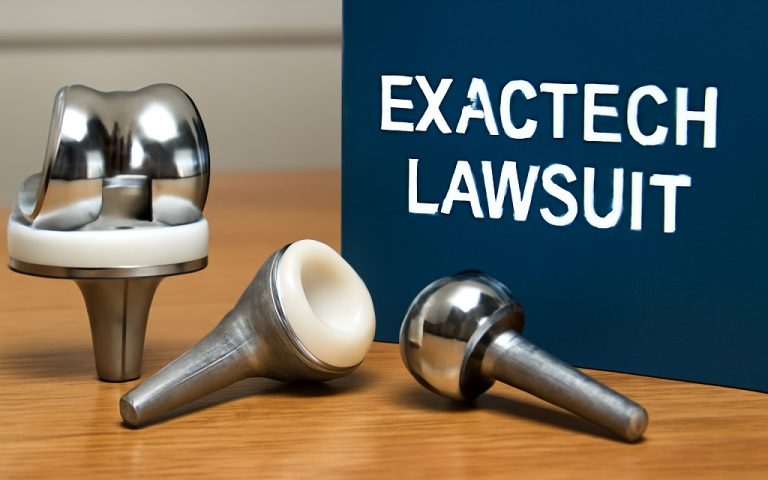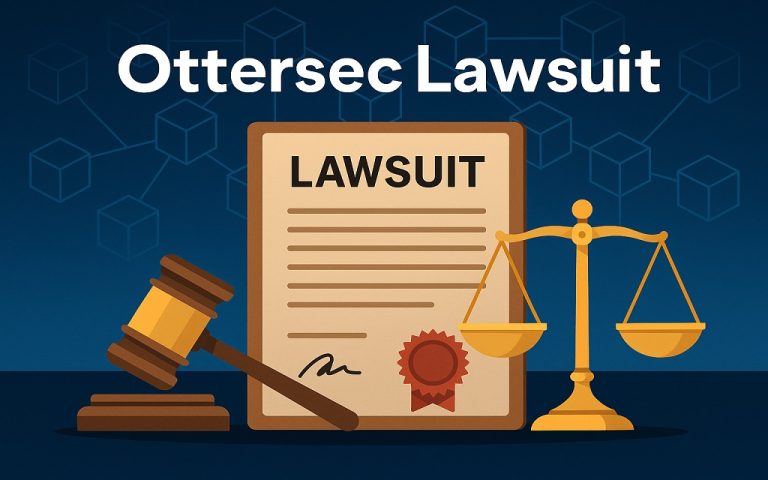Market America’s Isotonix supplement line has drawn legal and regulatory attention that continues to shape how consumers, distributors, and regulators view the brand. Public discussion often uses the phrase “Isotonix lawsuit.” Verified records show a different picture. Federal court filings do not list an active class action titled specifically as an Isotonix lawsuit. Regulatory enforcement and related litigation against Market America form the factual core of the controversy. Reporting from ClassAction.org and federal regulators frames the issue through documented actions, not speculation.
Market America is a North Carolina-based multi-level marketing company. The business offers cosmetics, dietary supplements, and other wellness items. One significant supplement brand is Isotonix. Following customer complaints, distributor conflicts, and government studies that revealed concerns about corporate operations and compliance, public attention grew. The U.S. Food and Drug Administration’s official action and more extensive litigation against the corporation created legal liability.
Consumers searching for information often expect a traditional product liability case. Court records instead show regulatory enforcement and unrelated class action litigation that provides important context. Understanding the verified record matters. Accurate framing prevents confusion and protects readers who rely on legal reporting to make health and financial decisions.
How the Legal Issues Emerged
In the late 2010s, Market America’s practices came under increasing scrutiny from authorities and private lawsuits. Former distributors accused Market America of running an illegal pyramid system, according to federal court documents. Those claims did not target Isotonix products alone. The objections centered on required purchases, hiring procedures, and the wage system. Rather than product safety allegations, courts dealt with venue disputes and arbitration provisions.
Public concern around Isotonix products developed alongside that litigation. Through unofficial routes, customers reported negative reactions. Federal officials started examining dietary supplement compliance requirements. Regardless of a civil lawsuit, FDA monitoring is applicable. That distinction remains critical.
Background of Market America and Isotonix
Market America began as a multi-level marketing firm in the early 1990s. The Isotonix brand sells powdered supplements that are intended to be used with water. Rapid absorption and health advantages were highlighted in marketing brochures. Supplement manufacturers are required by federal law to disclose major adverse occurrences and adhere to labeling regulations. The Food, Drug, and Cosmetic Act’s requirements are enforced by the FDA.
Inspection activity placed Market America under direct review. FDA investigators inspected a Greensboro, North Carolina, facility during May 2019. Records show that inspectors evaluated manufacturing, labeling, and post-market reporting systems. That inspection triggered formal enforcement steps.
Key Regulatory Findings
On February 12, 2020, Market America Inc. received a warning notice from the U.S. Food and Drug Administration. The failure to file the necessary Serious Adverse Event Reports for dietary supplements was mentioned in the letter. Additionally, misbranding infractions pertaining to product information and labeling were found by FDA authorities. Several items marketed under the Isotonix name were mentioned by the agency.
FDA warning letters carry legal weight. They are used by the agency to seek remedial action. Businesses are required to reply in writing and provide a repair plan. Seizures, injunctions, or further action may result from noncompliance. There were no accusations of criminal activity in the letter. The paper concentrated on regulatory requirements and noncompliance.
Timeline of the Isotonix Regulatory and Legal Developments
Early Complaints and Consumer Signals
Consumer concern around Isotonix products surfaced through reports of adverse reactions and dissatisfaction. But FDA regulations require companies to track and submit serious adverse event reports. The agency cited deficiencies in Market America’s reporting process. Those findings came from official inspection records rather than lawsuits.
Company Response
Market America acknowledged receipt of the FDA warning letter. Public FDA records reflect that the company was expected to correct violations and prevent recurrence. The FDA publishes warning letters after review of company’s responses. Publicly available documents do not include confidential remediation details.
Court Filings and Legal Steps
Separate from product regulation, Market America defended class action claims filed by former distributors. However, one federal case titled Chuanjie Yang v. Market America Inc. was filed in the Central District of California in May 2017. Plaintiffs alleged pyramid scheme violations and RICO claims. The case involved distributor agreements rather than supplement safety. Courts later addressed arbitration issues and venue transfer. The docket closed in 2019.
Judge Notes or Judicial Signals
Court orders in distributor litigation focused on the enforceability of arbitration clauses. Judges did not issue findings about Isotonix product safety. So, the record confirms separation between compensation disputes and FDA enforcement.
Government or Regulatory Actions
The FDA warning letter remains the central verified government action tied to Isotonix products. The agency referenced inspection findings and statutory violations. No public FDA enforcement escalation beyond the warning letter appears in agency databases.
Settlement Timeline
No verified settlement exists related to Isotonix product injury claims. Also, public court records do not list settlement agreements involving Isotonix supplements.
Current Status
Public records show no active federal class action titled as an Isotonix lawsuit. The FDA warning letter remains published. Market America continues to operate. However, regulatory compliance remains subject to ongoing FDA oversight. Consumers reviewing legal risk should rely on official filings rather than unverified online claims.
Additional Case Context
Online articles sometimes combine FDA enforcement with distributor litigation and label the situation as an Isotonix lawsuit. Verified sources separate those tracks. FDA actions address regulatory compliance. Additionally, distributor lawsuits address the compensation structure. Courts and regulators treat them as distinct matters. That distinction defines the current legal landscape.
Summary
Overall, verified records show regulatory enforcement and unrelated class action litigation involving Market America. No active court case exists that solely alleges product liability claims against Isotonix supplements. FDA oversight remains the primary legal development tied to the products.
Disclaimer: All information in this article comes strictly from verified public sources such as competitor publications, court filings, government agencies, and reputable news outlets. Nothing is based on assumptions or personal opinions. For corrections or more details, please contact our team through the Contact Page. We never publish misleading or unverified information.
Musarat Bano is a content writer for JudicialOcean.com who covers lawsuits, legal news, and general legal topics. Her work focuses on research-based, informational content developed from publicly available sources and is intended to support public awareness. She does not provide legal advice or professional legal services.




